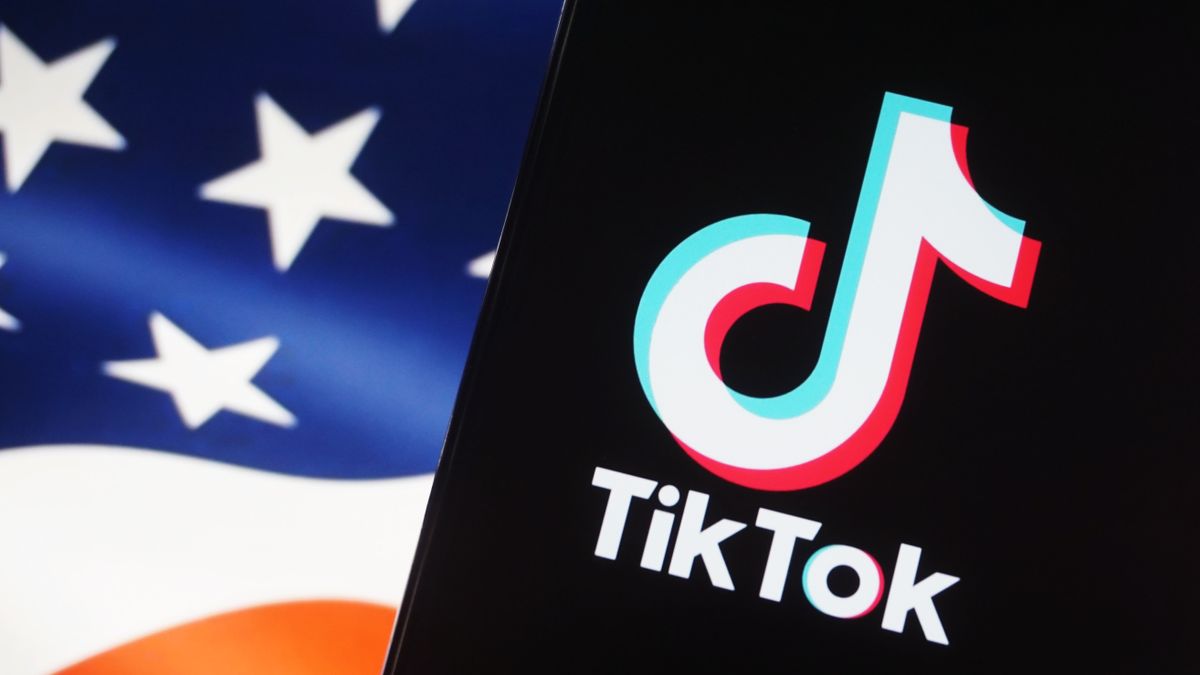



In Nepal, the ban on TikTok has faced opposition from Nepalis who are either fighting the ban in court or bypassing it by using virtual private networks (VPNs) to access the platform [0f054cb3]. Lawyer Sunil Rajan Singh is leading a legal challenge against the ban, arguing that it violates freedom of speech and expression as guaranteed by Nepal's constitution. The ban was imposed last year by Nepal's communications minister, who accused TikTok of spreading content that damaged the country's social harmony [0f054cb3]. The case is currently before the Supreme Court, and a decision is expected later this year [0f054cb3].
The ban on TikTok in Nepal has led to an unexpected growth in internet traffic, with a 20% increase observed after the ban was implemented. This increase can be attributed to users using VPNs to access TikTok, which masks their location and hides their IP address [719a5561]. While internet service providers in Nepal have complied with the ban by blocking TikTok, there is a possibility that VPNs may also be banned in the future if they are used to access TikTok. Cybersecurity experts warn against using free VPNs as they can pose security risks [719a5561].
The ban on TikTok in Nepal has also had a significant impact on TikTok influencers. Influencers like Anjana Aryal, who earned nearly $3,000 in October from endorsements on TikTok, have been severely affected by the ban. The ban has disrupted the income and livelihoods of TikTok influencers, as they can no longer earn money, run businesses, or entertain their audience on the platform. Advocate Dinesh Tripathi is challenging the ban in court, arguing that it infringes on people's freedom of speech. Manish Adhikari, another influencer, had several endorsement deals canceled due to the ban. Monayac Karki, the founder of an influencer marketing agency, stated that the ban has disrupted a market worth over $5 million annually for advertisers and content creators [100c6136].
These examples highlight the complex nature of TikTok bans and their impact on internet traffic, e-commerce, and influencers. While bans may aim to address various concerns, they can also lead to unintended consequences such as increased internet traffic and the use of VPNs to bypass restrictions. It is important for governments to carefully consider the implications of such bans and explore alternative solutions that balance the concerns surrounding TikTok with the potential benefits it offers to businesses, users, and influencers.
Using a VPN with TikTok can help protect your privacy by encrypting your data and changing your IP address, but it cannot prevent TikTok from accessing the personal information it already has. A VPN can help avoid location-based advertising and bypass restrictions on TikTok in schools and businesses. However, its effectiveness in accessing TikTok in countries where it is banned may vary. TikTok poses privacy risks due to its data collection practices, but other web giants collect similar data. Using a VPN may allow access to TikTok in banned countries, but it does not mitigate TikTok's data collection. The decision to use a VPN with TikTok depends on individual privacy concerns and the desire to access the app in restricted locations. [74abc435]